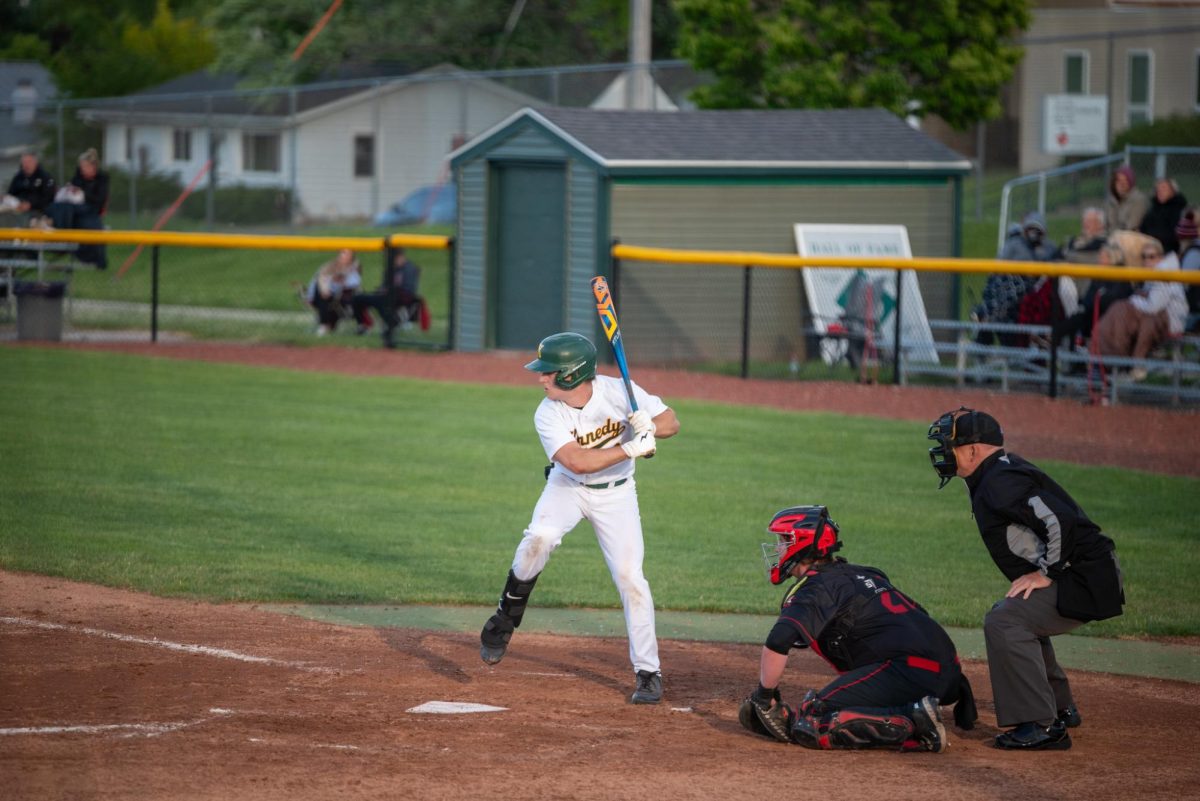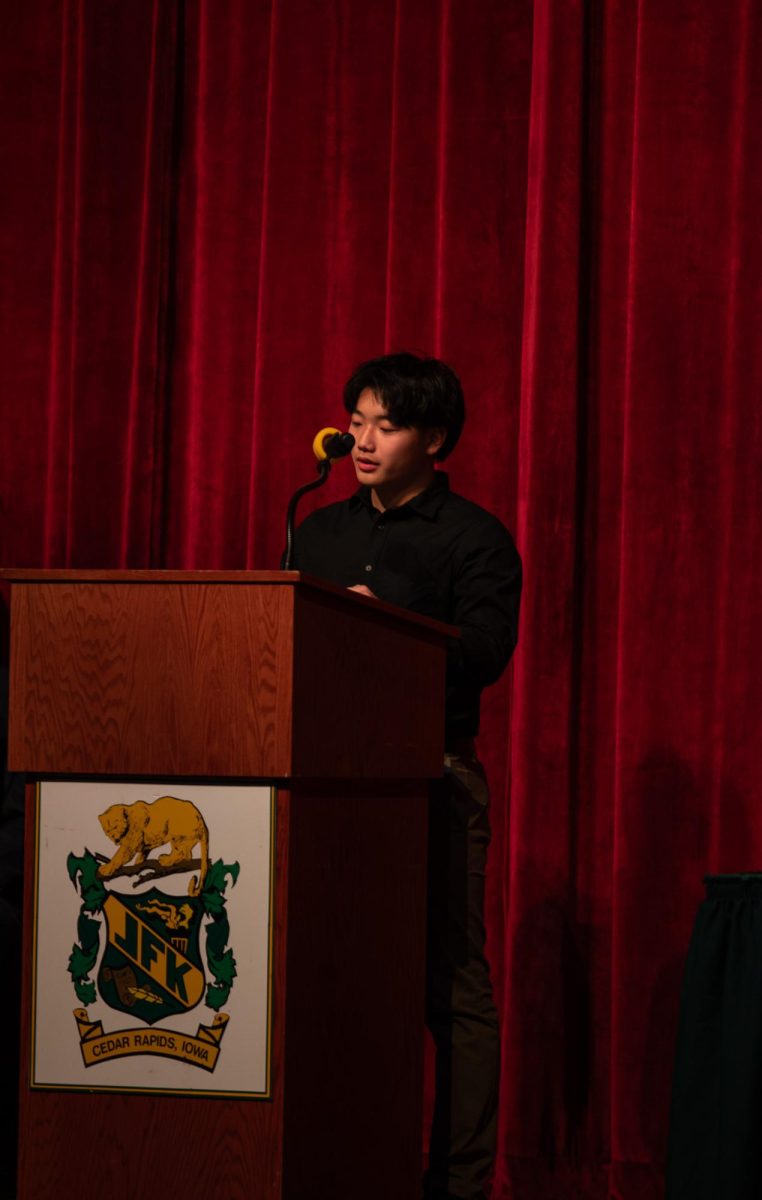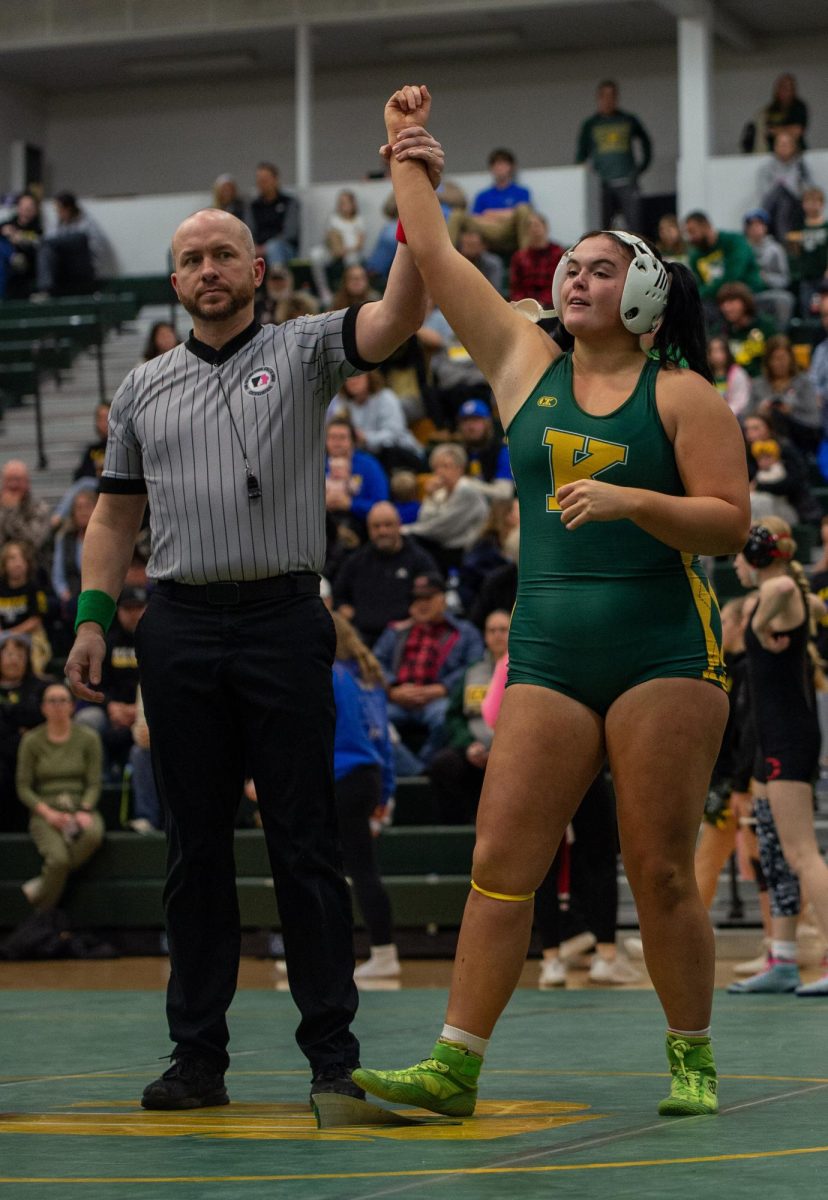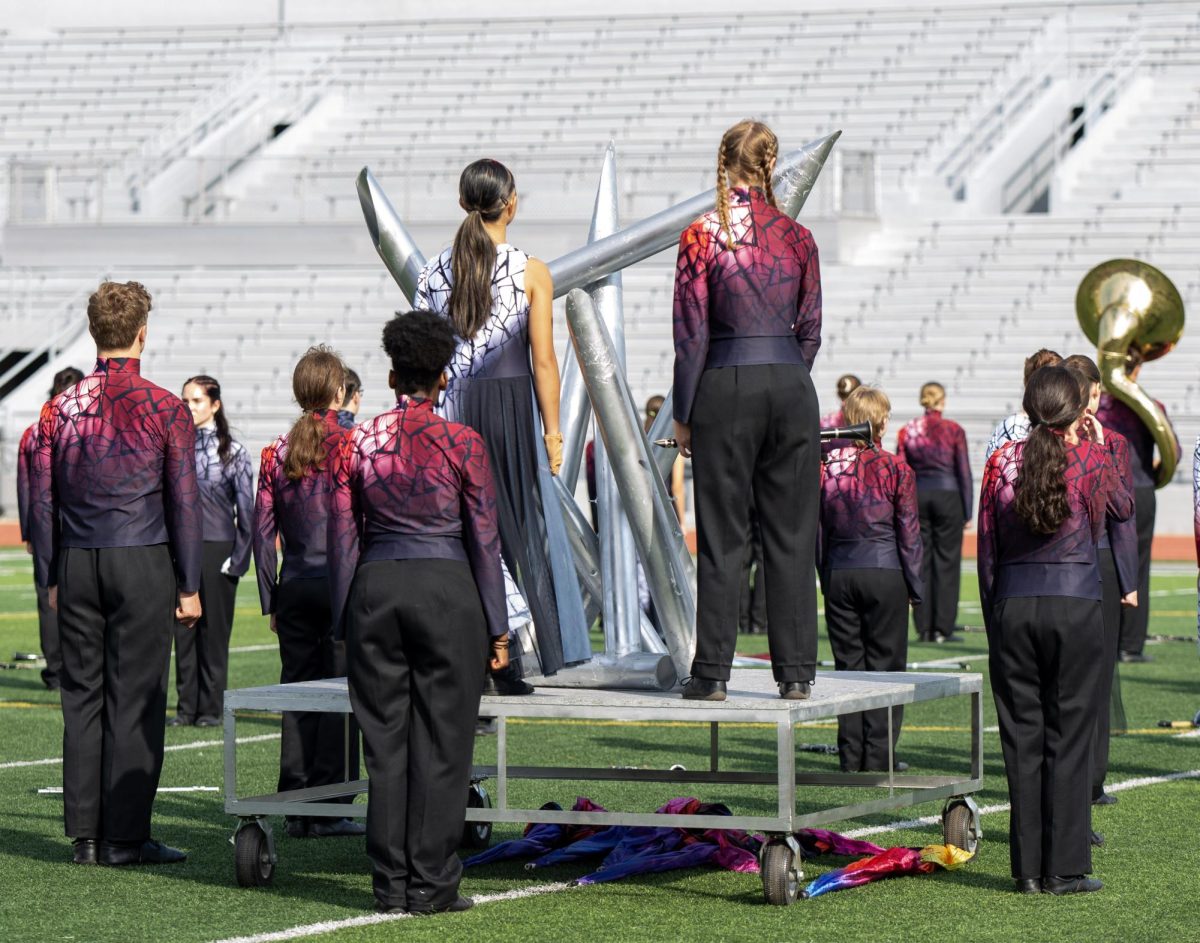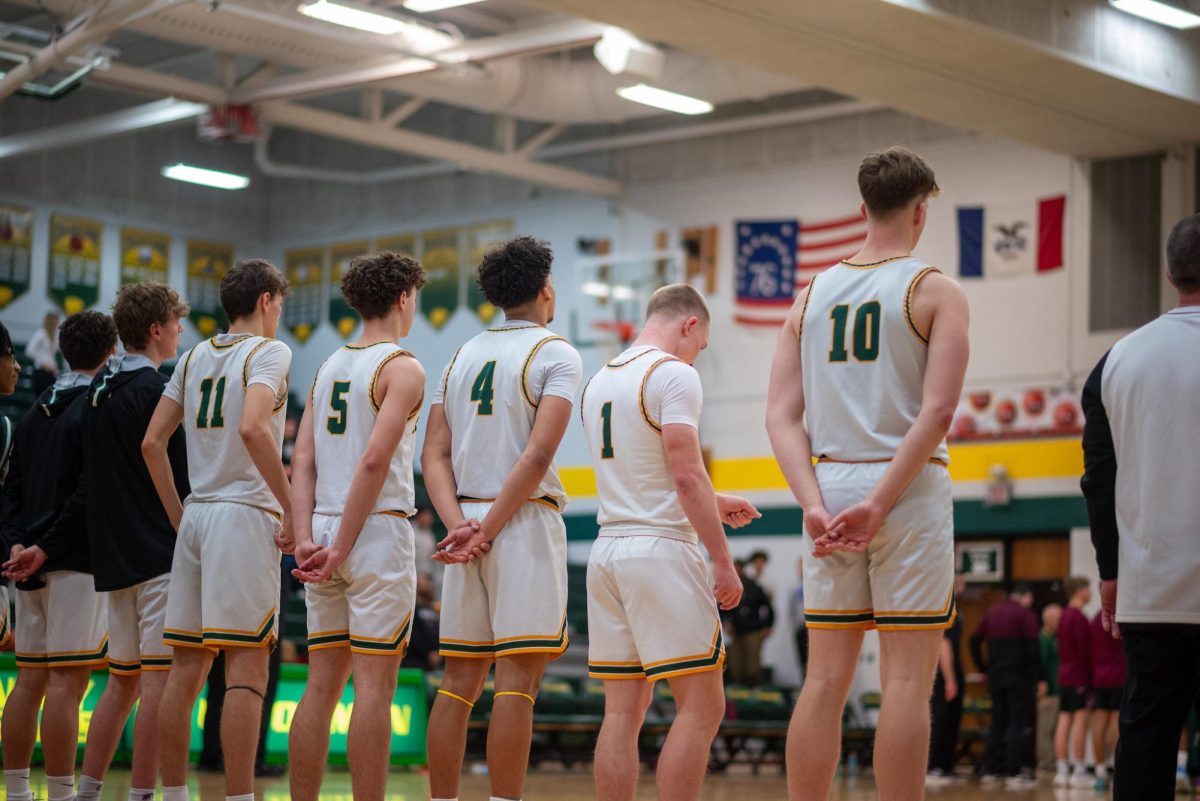Blocked District Wi-Fi
The story behind why certain websites are inaccessible to students

February 11, 2016
It’s no secret that many websites and some major social media sites are blocked on the district’s guest Wi-Fi server, but many students maintain the burning question of the necessity of it.
Lori Bruzek is the Director of Technological Services for the Cedar Rapids Community School District, and she holds the answer.
Bruzek’s position entails dealing with computers and the networking system for the school district.
“There are three reasons why we filter, we are required by CIPA [Children’s Internet Protection Act], requests from the cabinet, or disruption caused by some of these websites to our networks,” says Bruzek.
The Superintendent’s Cabinet consists of various positions that direct and coordinate different leaning, technological, and industrial services for the district.
The CRCSD subscribes to a service that aids in filtering out explicit material or online material that is prohibited by certain criteria, which Bruzek says haven’t changed since the early 2000s, “This filetering has been in place along with the staff requests for quite a while, the criteria for blocking things hasn’t really changed either since the early 2000s as well.”
This criteria has determined that social media outlets such as Snapchat and Instagram are in violation of the pre-determined community guideline standards, although perhaps more controversial sites such as, ‘kkk.com’ and ‘churchofsatan.com’ are not.
Bruzek says that the guest Wi-Fi network is limited due to “the bandwidth, in order to allow a wider volume of users.”
The process the District Cabinet goes through, however, does have the power to initiate the blocking of a certain site as well, and as a matter of fact, it has.
“A few years ago an issue on Facebook was reviewed by the cabinet and brought to the superintendent because of usage problems going on during school hours.”
Bruzek stated that it was not just an isolated issue, “it was pretty widespread, and we just don’t want that on our district network and our district equipment.”
The process behind blocking a website or social media site includes verifying it through specific criteria, ensuring that it does not violate legal standards and that there is a function of these sites that could be used “for educational purposes,” according to Bruzek.
“We are just trying to make the best use of the resources we have.”

